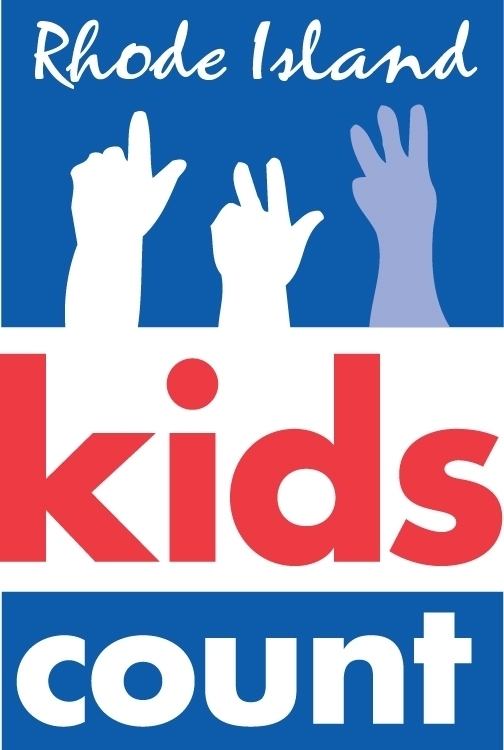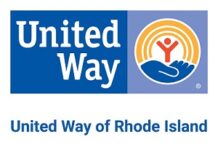PROVIDENCE – Rhode Island KIDS COUNT released Thursday its latest report on child hunger and nutrition in the Ocean State that found food insecurity for children in the state has been increasing and the COVID-19 pandemic has made the situation worse.
According to the report, about 9.1% of households in Rhode Island were considered food insecure between 2017 and 2019.
The ongoing health crisis, however, has painted a grimmer picture for Rhode Island. Per the report, data from the U.S. Census Bureau Household Public Survey indicates that households with children are “more likely to experience food insecurity” during the pandemic than those without. Estimates project that the 2020 child food insecurity rate in Rhode Island will increase to between 27% to 29% due to the pandemic.
Additionally, the report said that the Rhode Island Life Index determined that families of color are greatly impacted by the pandemic and that communities of color will “continue to face greater challenges as a result” due to job or income loss. Of the households the index surveyed, 40% of Latino families and 36% of Black families say they lack adequate food, while just 21% of white families report lacking adequate food.
Rhode Island KIDS COUNT Executive Director Elizabeth Burke Bryant said Thursday in a statement that the pandemic has exacerbated the already-established food-insecurity issues plaguing the state, as well as the “glaring and unacceptable” disparities by race and ethnicity.
“This [report] is a call to action to ensure that children and their families have access to the food and nutrition they need to thrive by expanding access to public food programs, increasing outreach to families who are falling through the cracks, and supporting community efforts to increase access to high quality food in the most impacted communities,” Bryant said.
The report also highlights multiple recommendations to combat food inadequacy. Among them are to create racially aware and equity-focused policies to decrease disparities and increase access to healthy foods for children and their families. The report also calls for increased access to federal food benefits, and continue to collaborate with local organizations to effectively deliver programs and benefits.
James Bessette is the PBN special projects editor, and also covers the nonprofit and education sectors. You may reach him at Bessette@PBN.com. You may also follow him on Twitter at @James_Bessette.













